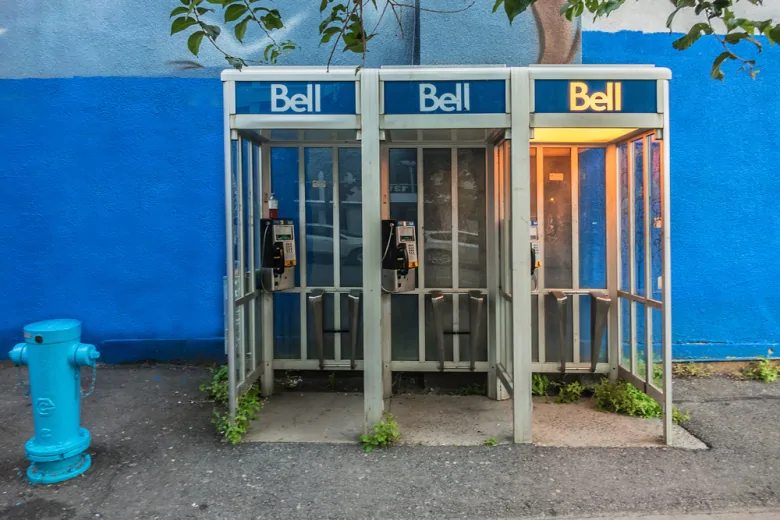The pandemic has propelled Ontario’s justice system into the 21st century, with video and audio conference calls, email exchanges and electronic documents replacing many antiquated systems. But it’s leaving some people out, lawyers say.

The pandemic has propelled Ontario’s justice system into the 21st century, with video and audio conference calls, email exchanges and electronic documents replacing many antiquated systems.
While many applaud the courts’ move away from in-person hearings and paper filing, others warn that the newer technology is a double-edged sword that is likely to negatively impact people with low incomes who don’t have access to reliable internet or phone minutes.
“We’re all doing the best that we can right now, but my main concern is that eventually someone will say, ‘This phone thing hasn’t been going so badly, all you need is a cell phone, let’s hold all hearings this way,'” said Jamie Hildebrand, executive director of the Huron-Perth Community Legal Clinic, which helps low-income residents with legal help, including many disputes before the Landlord Tenant Board.
“There are people who don’t have access to basic technology and we can’t assume that they do,” Hildebrand said. “No one believes that someone doesn’t have a phone, but it happens.”
On a payphone, in the rain
Lawyers in all parts of the justice system, from tribunals to family and criminal law, admit there are cases where new technology has helped their clients, but also times where it’s been a hindrance to justice.
For example, Hildebrand recently listened in on a hearing during which a person was being evicted.
“This gentleman has some emotional and psychological issues where he doesn’t have a cell phone. It’s difficult for him to navigate using it, he’s very suspicious, he has privacy concerns, so he has a mistrust of cell phones,” said Hildebrand, who was there to offer legal advice if needed.
The client ended up calling into the hearing from a phone booth, with trucks whizzing by, in the rain. He was whimpering, soaking wet and ended up hanging up the phone.

“Here’s a guy standing outside at a payphone, there are people walking by and he’s basically pleading, in his mind at least, for a place to live. He’s begging for his life. How humiliating and frustrating and aggravating,” Hildebrand said. “We have to recognize that there are people who don’t have the most basic technology that we presume.”
For other clients, newer technology has been beneficial, lawyers said, but using it takes a lot of planning.
Duty counsel lawyers, for example, are available to provide le

